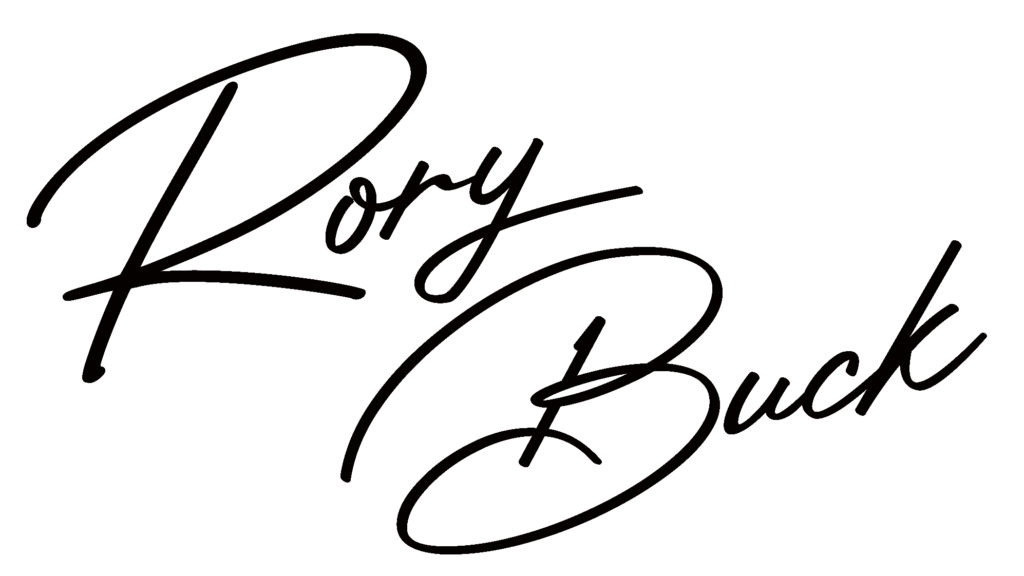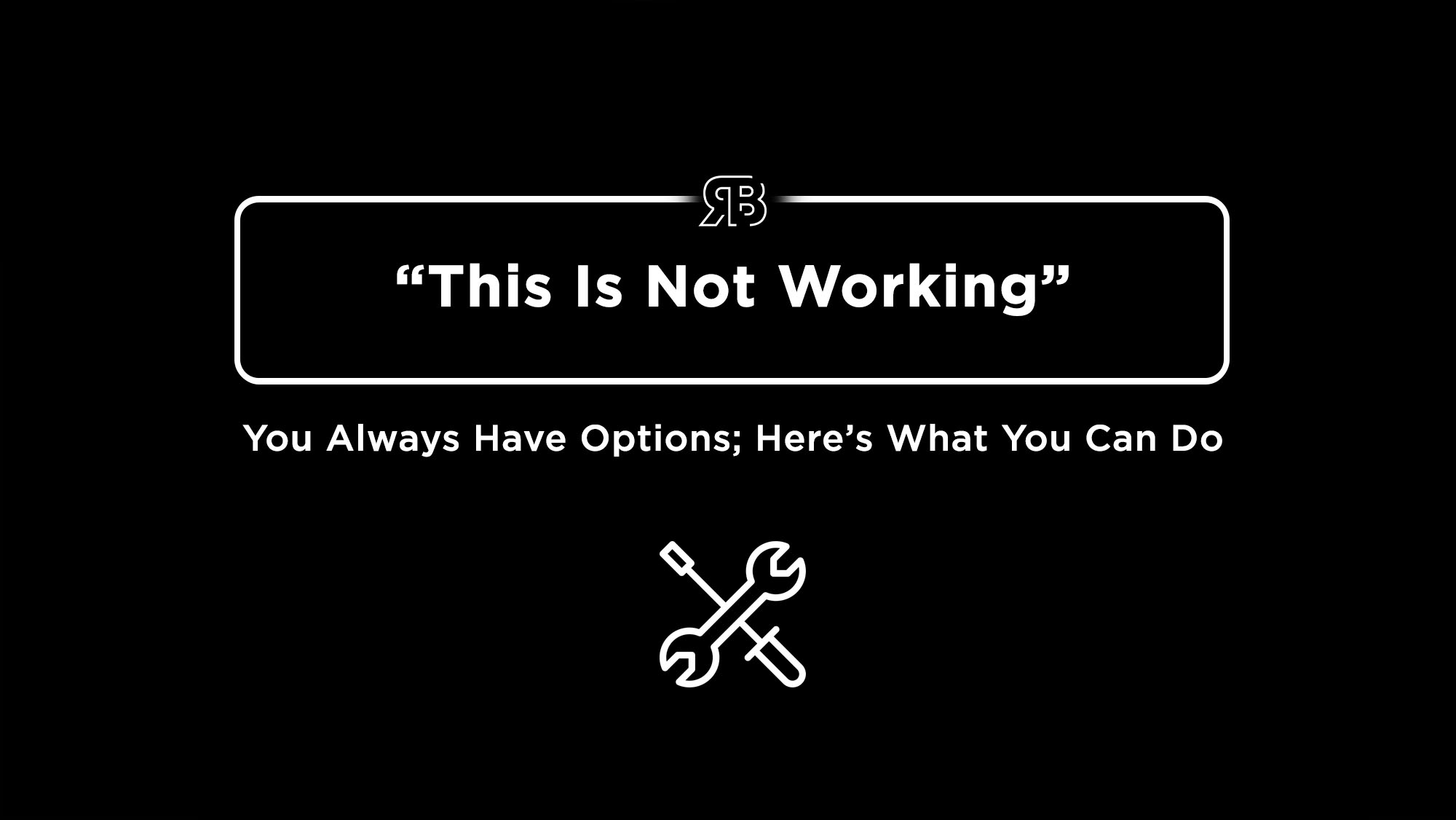What Can We Do When “This Is Not Working”?
The only way to guarantee anything, is to do nothing.
If you do nothing. You’re guaranteed to get nothing in return.
That’s cliche. It’s also true (weird how often cliches are actually true). I’m more than happy to accept that.
The problem I’ve run up against again and again in my life, however, is this; doing something (often with a high degree of intention & energy) doesn’t guarantee the outcome of success either.
I can’t count high enough to tell you the number of times I’ve said to myself “I’m trying, but I just can’t seem to get it right / make it work / see the progress I want / feel the way I want.“
“Winning”, getting what you want, achieving a goal, being successful in any endeavor; be that personal, physical, professional or anything else comes with no guarantees of success.
And that is a rather unpleasant fact of life.
But it’s also a uniquely beautiful aspect of the way our human brains work. Because anything worth pursuing carries the risk of failure. And it’s the risk that keeps life interesting.
If everything I did was 100% guaranteed to succeed, I’d be bored out of your mind. You would be too. As frustrating and unpleasant as the fact may be, recognize that this is not a bug in the human brain that needs to be fixed, it’s a well designed feature that ensures we continue to grow, adapt and evolve.
The question I’m interested in, both personally and as a coach, is what can we do in the situations where we aren’t winning? When we’re trying but we’re not seeing the success we want.
The options typically fall into three broad categories:
– Pause. Stop. Quit.
– Pivot. Make a change.
– Grit, be patient. Keep doing the same thing.

Each is a valid option.
Yes, given the right context even stopping / quitting or even pausing is a valid option. I’ve watched the unchecked drive for success end in bankruptcy & divorce at worst, burnout and resentment at best. Life circumstances change and as they do, it’s ok for you to evolve too.
But if you’re wanting to find a solution and keep driving towards your goal despite not getting it right / making it work / seeing the progress right now, what do you do?
I like to break this down into 4 Steps:
1. Take Responsibility.
The outcome may not be completely in your control, but the process is. It’s your journey and what you do when things aren’t going well is your choice. Acknowledge where you are. Take responsibility for how you got here. Choose what you will do next. Don’t blame anyone else. Own it. Take responsibility.
The actual difficulty of this step is very low. The perceived difficulty of this step can be extremely high.
2. Identify variables that you control that will contribute to success
When you align the variables in your control you will shift the odds of success in your favor. There’s still no guarantee. But when you figure out what you need to be successful and begin to organize and systematize them you’ll move the needle in the right direction.
How do you identify the variables impacting your success (or lack thereof)?
{a}. Read. Watch. Filter. Learn.
Three questions help me filter advice I read & watch.
1. What’s the context of the advice?
↣ Seek to understand the bigger picture or the context in which the advice is being given; does it apply to you and your goals?
2. What’s Motivating the Advice?
↣ Why is this person offering advice? Genuine intent to help? Trying to sell you something? Attempting to validate themselves as an expert?
3. Where’s the advice coming from?
↣ What experience does the person have and how closely does it mirror your experience and ultimate goal?
{b}. Self audit. Find where you are lacking
To know what you need to work on, you have to identify the gaps between what you are doing and the results you are getting. The two most important questions to ask yourself in this self audit are:
➼ Question 1: What skills am I missing or what weakness do I need to work on?
➼ Question 2: Realistically, how much time do I need to achieve this goal?
Unlike taking responsibility, the perceived difficulty of this step is very low. The actual difficulty of this step is extremely high.
We aren’t very good at evaluating our skill levels. There is a ton of research to back this up. Most of us overestimate our own ability all the time. We judge ourselves to be better than others to a level that defies math. What I mean is that 80% of us can’t be in the top 10%. But 80% of us think we are.
This physiological phenomenon is called the Dunning Kruger Effect. You can learn more about it here.
Which is why it can really help to work with a coach or an expert
{c} Work with a Coach, an Expert or Someone with Experience
Get a coach to help you. Or at least ask the advice of people that have been through this process before. Ask them not to sugar coat it. You want the facts. Not an answer that will make you feel good but not help you get where you want to go.
4. Align
Once we understand as many of the variables that are impacting our results we can, begin to align them in a way that moves us towards the goal.
If you’ve identified variables that are out of alignment, pivot. Make the adjustments needed to shift the probability of success in your favor.
Often these changes don’t need to be drastic; a small shift in the amount of time you’re allocating to the goal. Re-framing your mindset towards the challenge. An adjustment in the system or routine you are using. Make small adjustments. Try to make them one at a time so you know which ones bring changes and which don’t.
Recognize The Role of Luck
Sometimes, you can have everything aligned, you can be doing all the right things with all the right intentions and the results still aren’t happening as you would like. What then?
Then you recognize that luck plays a role. That “the world is too complex to allow 100% of your actions to dictate 100% of your outcomes… You are one person in a game with seven billion other people and infinite moving parts. The accidental impact of actions outside of your control can be more consequential than the ones you consciously take.”
And this friends, is when you hunker down.
You get gritty.
Be patient.

